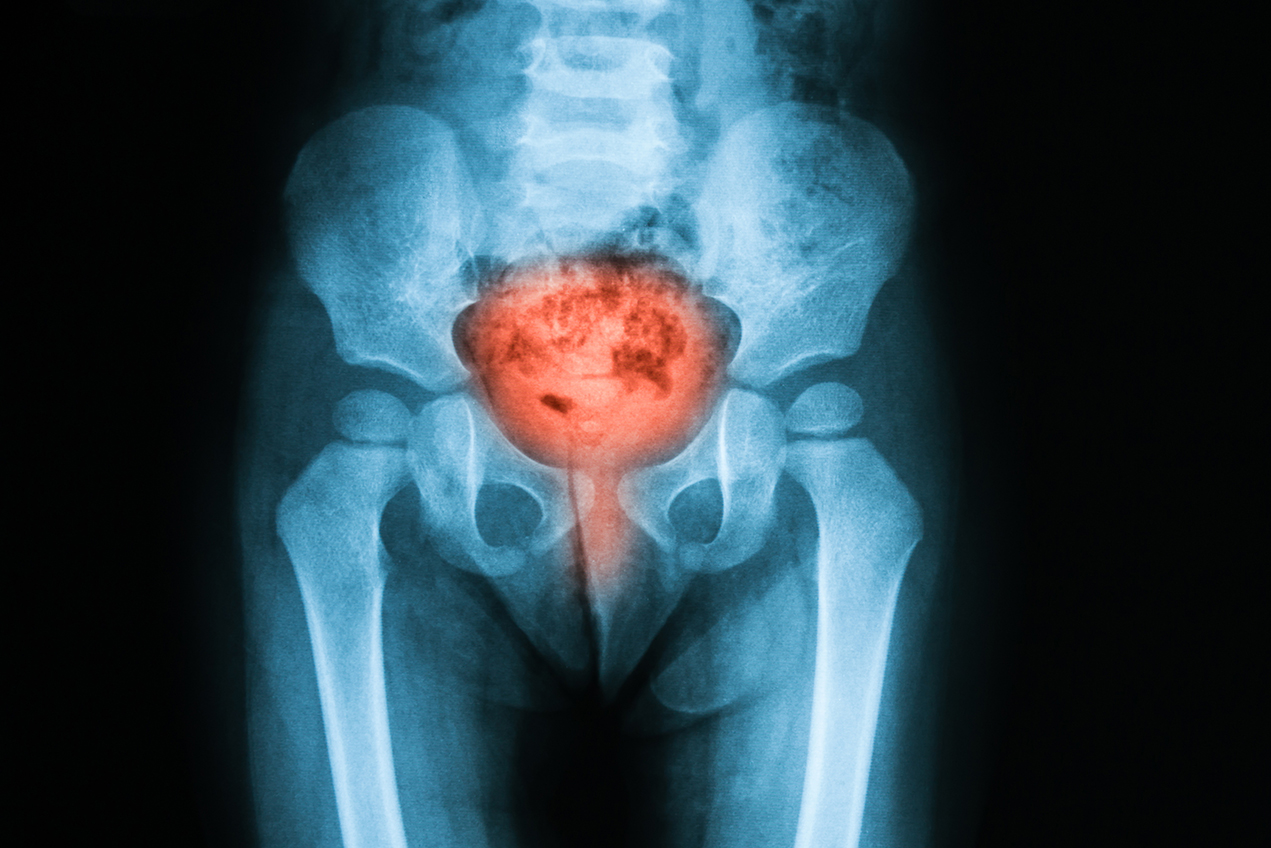More than 10 million people in the United States live with urologic chronic pelvic pain syndrome (UCPPS), a cluster of disorders that includes interstitial cystitis and bladder pain syndrome in women and chronic prostatitis and chronic pelvic pain syndrome in men.
Symptoms include pain in the abdomen and perineum especially while the bladder is filling, as well as pain during or after intercourse.
And while it impacts so many people, little is known about its causes, and there is no cure.
But that could change soon, thanks to a collaboration between USC researchers Jason Kutch, PhD, associate professor of biokinesiology and physical therapy at the USC Division of Biokinesiology and Physical Therapy, and Larissa Rodriguez, MD, professor of urology at the Keck School of Medicine of USC, and UCLA researcher Emeran Mayer, MD, PhD, called the Multidisciplinary Approach to the Study of Chronic Pelvic Pain (MAPP) Research Network. The team just received a three-year renewal grant from the National Institute of Diabetes and Digestive and Kidney Diseases, part of the National Institutes of Health.
Better treatment options
Started in 2008 at UCLA, the MAPP Research Network set out to better understand UCPPS, with hopes of arming clinicians with better treatment options and the ability to quickly understand the different subtypes of UCPPS patients.
“We know that not all UCPPS patients respond to the same treatment, so subtyping these patients is critical,” said Kutch, who joined the MAPP Research Network in 2014 and leads the project’s neuroimaging working group. “The main goal of analyzing the data is to help the clinical community treating UCPPS patients to be able to quickly ask the right questions and run the right tests to subtype UCPPS patients.”
Doctors can then use this information to provide better, targeted treatment, which could mean quicker, more effective treatment for UCPPS patients.
During the past 11 years, MAPP researchers have done longitudinal studies with nearly 500 UCPPS patients, collecting data such inflammatory biomarkers, microbiome characteristics, pressure sensitivity, brain imaging and responses to questionnaires.
The effort already has resulted in a better understanding of UCPPS, said Kutch, who was diagnosed with the condition in 2008.
“Over the past five years, there have been things we’ve learned about UCPPS patients that weren’t on the radar of clinicians treating the condition in 2008,” he said. “With this grant extension, we will have the opportunity to package and disseminate our results in a way that will really change how clinicians talk to their patients, the things they will look for and the sequence of treatments they will try.”
— John Hobbs


